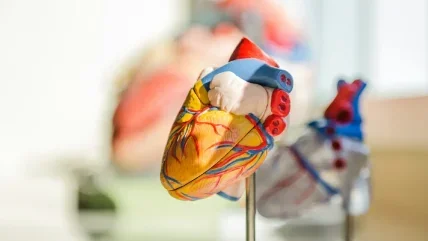
Medtronic has received the US Food and Drug Administration (FDA) approval to conduct an early feasibility study of its Affera Mapping and Ablation System with Sphere-9 Catheter.
Affera is a dual-energy pulsed field (PF), radiofrequency (RF) ablation system, and Sphere-9 is a high-density mapping catheter. The system is designed to be used in cardiac electrophysiology ablation.
Medtronic will assess the Affera System with Sphere-9 Catheter in treating patients with ventricular tachycardia (VT), due to scarring from a prior myocardial infarction (heart attack).
The primary endpoints of the study include the rate of serious adverse events (SAEs) after the ablation procedure and acute effectiveness at ablating the targeted VT.
Also, the study participants will be followed for six months post-ablation.
Medtronic’s cardiac ablation solutions business chief medical officer and vice president Khaldoun Tarakji said: “We look forward to learning more about how the Sphere-9 Catheter, which offers physicians the ability to map and ablate with the option of choosing PF or RF, together with a large lattice-tip for managing the large target areas for ablation that typically present with VT.
“Currently approved treatments for VT involve only RF energy and require physicians to use multiple mapping and ablation catheters with often long, inefficient procedure times. PFA technology and the innovative Sphere-9 design could have a significant impact on patient care.”
Mount Sinai Health System cardiac arrhythmia services director Vivek Reddy said: “Physicians need better tools to treat VT safely and effectively, and early feasibility research is a positive step toward determining potential new options. I am pleased to be involved in the study and look forward to getting started.”
The early feasibility study builds on promising preclinical evidence in VT and research validating the efficacy and safety of Sphere-9 in the treatment of persistent atrial fibrillation (Afib).
VT is a potentially fatal heart condition that causes the heart’s lower chambers to beat too fast.
Patients suffering from VT are treated with medications and often with life-saving therapies from implanted defibrillators in the form of pacing or shocks.
Catheter ablation for VT is an established treatment option, associated with suboptimal outcomes with limited ablation tool advancements in recent years, said Medtronic.
Last year, the Sphere-9 catheter received the CE mark for the treatment of persistent Afib and is authorised for investigational use in the US.






